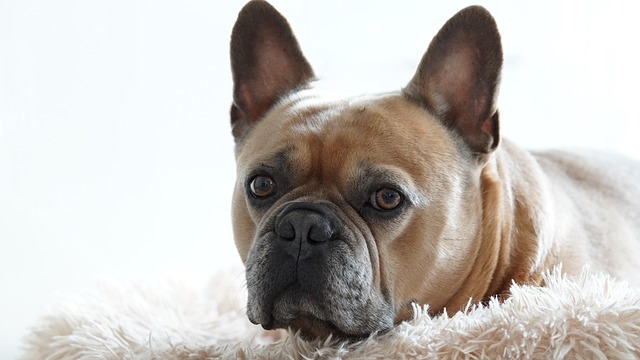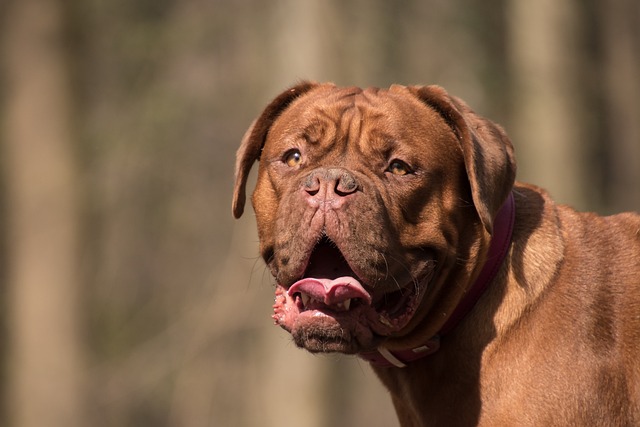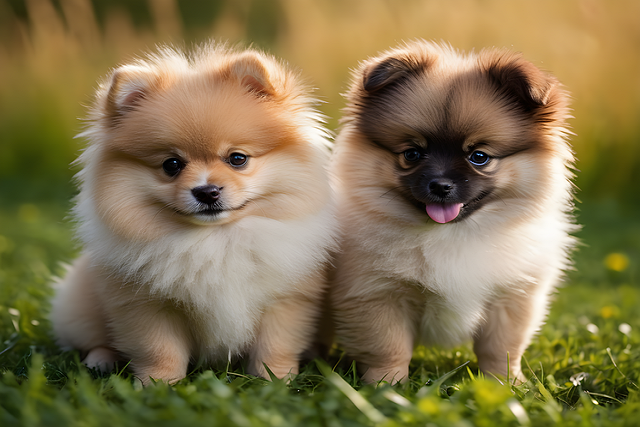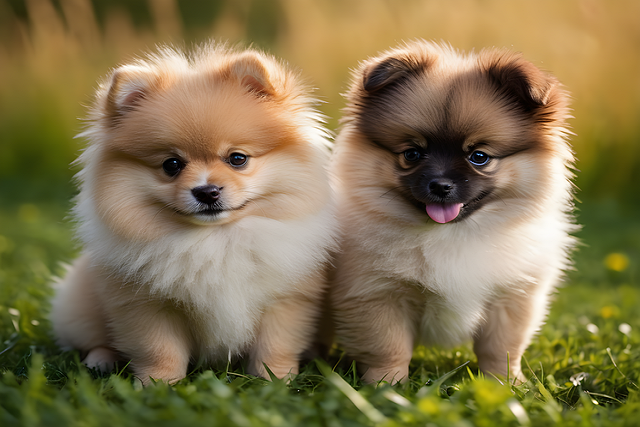
what do i need to dog sit
Agreeing to dog sit for a neighbor or friend can feel exciting—until you realize you’re not sure what supplies or steps you actually need.
That tiny mouth trying to crunch on a piece of kibble that's almost as big as its head is a clear sign something isn't quite right. It’s a common question for new owners of Chihuahuas, Pomeranians, or Yorkies: can my small breed puppy just eat regular puppy food? While technically possible in a pinch, it's far from ideal and can actually pose several risks to their health and development. The core issue lies in the fundamental physiological differences between breeds. Small breed puppies have metabolisms that run at a dramatically faster rate than larger breeds; they are like tiny, high-revving engines that need constant, high-quality fuel. However, their stomachs are minuscule. Regular puppy food is often less calorie-dense and comes in large kibble sizes, meaning a small pup would need to eat a physically impossible volume of food to meet their intense energy needs, potentially leading to dangerous hypoglycemia (low blood sugar) and malnutrition.
This is why small breed puppy food is specifically engineered to solve this problem. The kibble is smaller for easy chewing and digestion, and the formula is significantly more calorie-dense and nutrient-rich. It packs a higher concentration of protein and fat into every tiny bite, ensuring your puppy gets the energy they need without overfilling their small stomach. Furthermore, small breeds are prone to dental issues, and the right-sized kibble is designed to encourage chewing, which helps scrape away plaque. Before making any decision, your first stop should be your veterinarian. They can recommend brands that meet the Association of American Feed Control Officials (AAFCO) standards for "growth" and are specifically formulated for small breeds, ensuring the calcium-to-phosphorus ratio is perfect for their rapid bone development, which differs from that of giant breeds.

This tailored approach to nutrition is a fundamental part of modern, responsible pet ownership. It aligns with the philosophy of positive reinforcement—you are setting your puppy up for success by meeting their specific needs, rather than forcing a one-size-fits-all solution that could cause stress and health problems. This mindful care extends beyond the food bowl and into your community. As you nourish your small puppy correctly, you'll notice they have more stable energy for crucial socialization and potty training walks. Before these outings, ensure your puppy is up-to-date on their vaccination schedule as advised by your vet. And remember, their small size is no excuse for skipping cleanup duty. Carrying poop bags and immediately cleaning up after your pet is an absolute legal requirement and a cornerstone of being a respectful neighbor. Failing to do so can result in fines and is particularly frowned upon in shared spaces.
For apartment dwellers, feeding a small breed puppy correctly is especially important. Their tiny bladders require very frequent potty breaks, and a proper diet helps regulate their digestive system, making housetraining more predictable. In confined shared spaces like hallways and elevators, be extra vigilant to ensure your puppy doesn't find and try to eat larger kibble meant for bigger dogs that a neighbor might have dropped. Using a high-value, small-bite training treat during these outings can help keep their focus on you. Remember, while a small breed puppy might physically be able to eat regular puppy food, doing so is a nutritional compromise. Choosing a formula designed for their unique needs is one of the easiest and most effective ways to invest in their healthy growth, ensuring they develop into a strong, vibrant adult dog.

Agreeing to dog sit for a neighbor or friend can feel exciting—until you realize you’re not sure what supplies or steps you actually need.

Walking into a pet store for the first time can feel like navigating a maze—endless aisles of toys, beds, and gadgets make it hard to tell what’s a “nice-to-have”

If you’ve grabbed a bag of “regular” puppy food for your new Shih Tzu or Mini Poodle puppy, you might be wondering if it’s really up to the task.

Chihuahuas’ tiny size often tricks people into thinking they’re low-effort pets, but the truth is their care leans into specific needs rather than constant work.

If you’ve ever flipped over a store-bought dog treat bag and squinted at the long list of unpronounceable ingredients, you’re not alone.

If your vet mentioned your dog needs to shed a few pounds—maybe your golden retriever is struggling to climb stairs, or your corgi’s waistline has disappeared